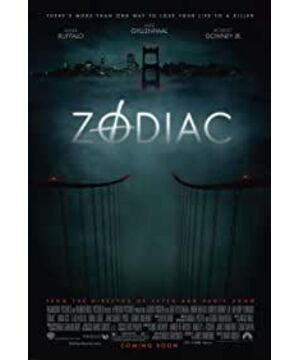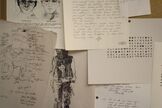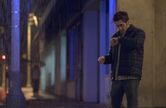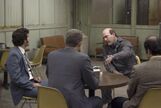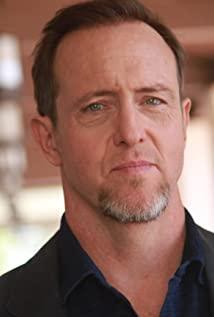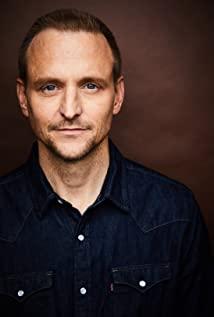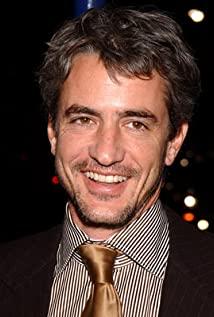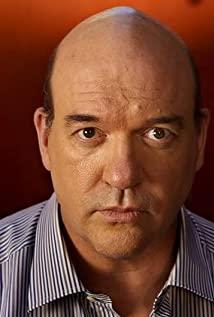The courage of the film to unfold all the clues at the expense of a lot of time is certainly commendable, but it is inevitably discouraged because of its length. The atmosphere of horror that was deliberately rendered did not help deepen the theme, especially the last section of the theater owner. It is obvious that the author hopes to bring some waves to this still water, but unfortunately it is impossible to escape the superfluous. Another puzzling point is that the main reporter of the newspaper, that is, the role of the protagonist No. 3 in the investigation of this case is questionable. Although he has made a mistake, it does not fit the subject. Our question here is whether the film should show the full picture of the event, or should it selectively show the key elements. Obviously it is the latter. If the film is severely criticized for being lengthy and lacking in technique, it must not be wrong. audience.
The biggest weakness is why the police have to delay for more than two decades before thinking of letting the only survivor identify the murderer? It is said that this film is based on real cases, so the ability of the US police is evident. Even the comics writers of the newspaper know to start with the deceased and track down the cause of death of each deceased, but the police did not go down this road. All that is left is that the director arranges for the actors to say that the police have asked them. This method is nothing more than It's just using one flaw to cover up another flaw.
What is also confusing is whether the murderer was selected and what was the motive? If the first case was a vendetta, how can the subsequent explanations be explained? Sorry, because the film comes from a real file, and the murderer died without being arrested and tried, so the director didn't know.
Nevertheless, the film is better than the two films I mentioned at the beginning of the article, because he will not create super common sense for the end of the article. This is what all suspense or detective films should take away. Therefore, This film is still worth watching.
View more about Zodiac reviews


